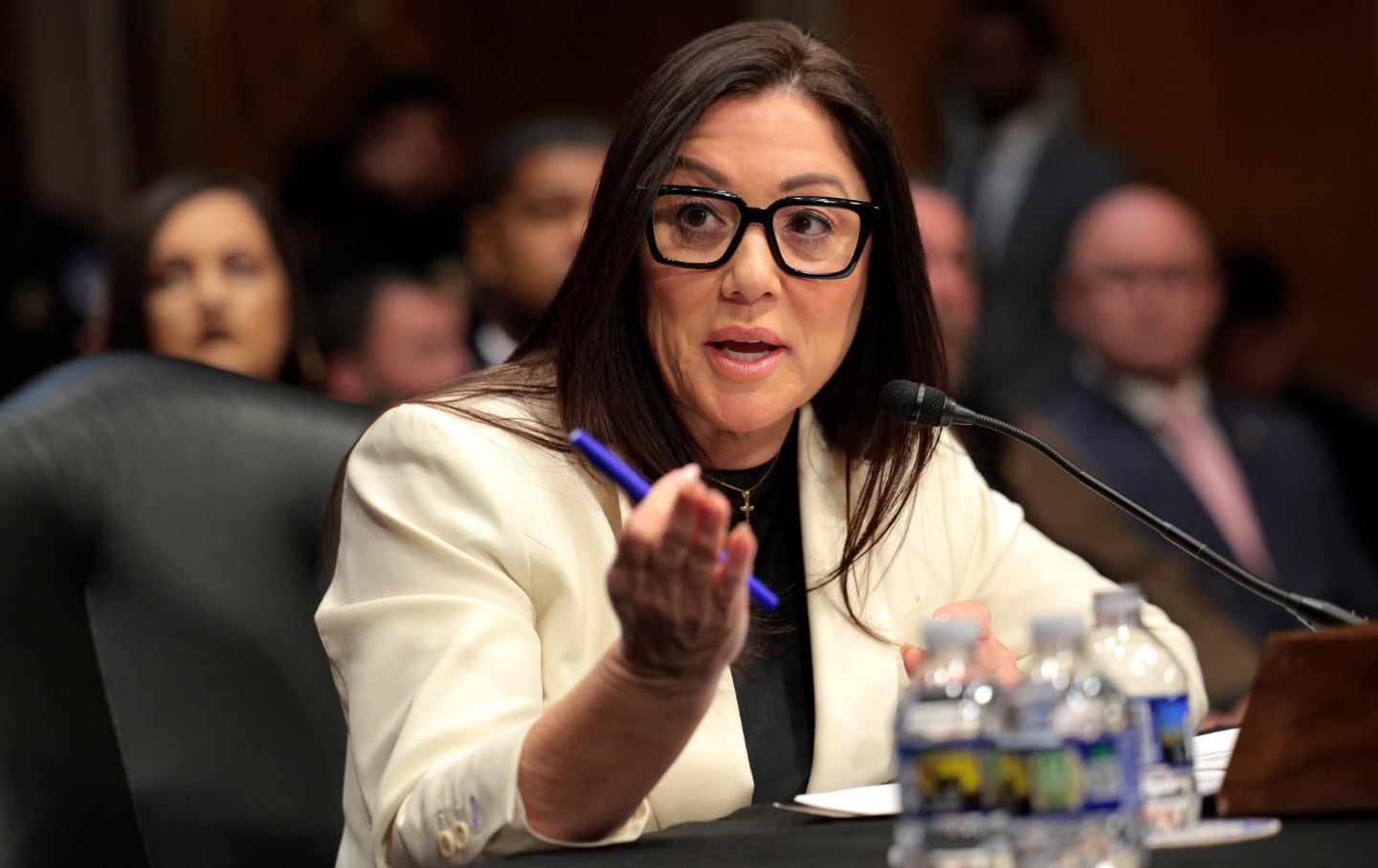In February 2025, Lori Chavez-DeRemer, a former U.S. representative from Oregon, was nominated by President Donald Trump to lead the U.S. Department of Labor. This nomination prompted discussions about Trump’s potential departure from traditional Republican labor policies, as Chavez-DeRemer had previously supported legislation favoring unions, such as the Protecting the Right to Organize Act and the Public Service Freedom to Negotiate Act.
Sean O’Brien, President of the International Brotherhood of Teamsters, welcomed the nomination, expressing hope that Chavez-DeRemer would focus on worker protection, the creation of union jobs, and the strengthening of the middle class. Media coverage initially painted her as “Trump’s pro-union pick.”
Despite this, skepticism lingered among labor observers who questioned her alignment with Trump’s historically anti-labor stance. Rebecca Dixon, President of the National Employment Law Project, noted that while Chavez-DeRemer’s past suggested some support for workers’ rights, Trump’s administration often prioritized corporate interests over labor.
During her confirmation hearing before the Senate Health, Education, Labor, and Pensions Committee, Chavez-DeRemer distanced herself from her previous pro-union support by calling the PRO Act “imperfect” and committing to implementing Trump’s policy agenda. This shift raised concerns as she also conveyed her endorsement of state “right to work” laws, a stance against which past Republican figures like Dwight Eisenhower and Ronald Reagan have spoken.
Chavez-DeRemer further declined to support measures such as an increase in the national minimum wage or paid worker leave, aligning more closely with anti-union rhetoric. Her testimony demonstrated a commitment to Trump’s executive decisions, including controversial dismissals within the National Labor Relations Board and potential exposure of sensitive departmental information.
Ultimately, Chavez-DeRemer’s recent positions suggest a departure from historical Republican support for labor rights, aligning instead with the business-friendly policies of Donald Trump and figures like Elon Musk.
